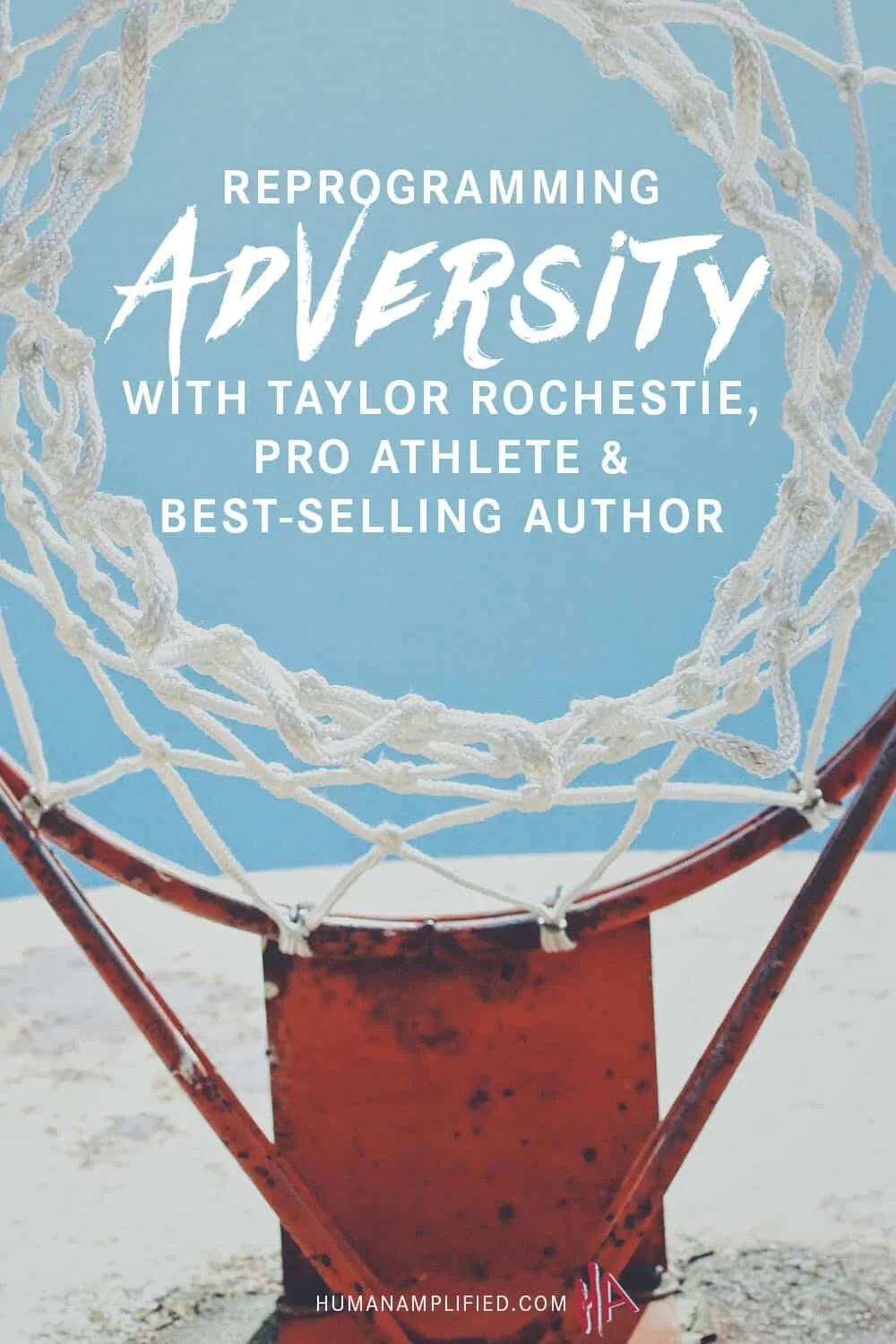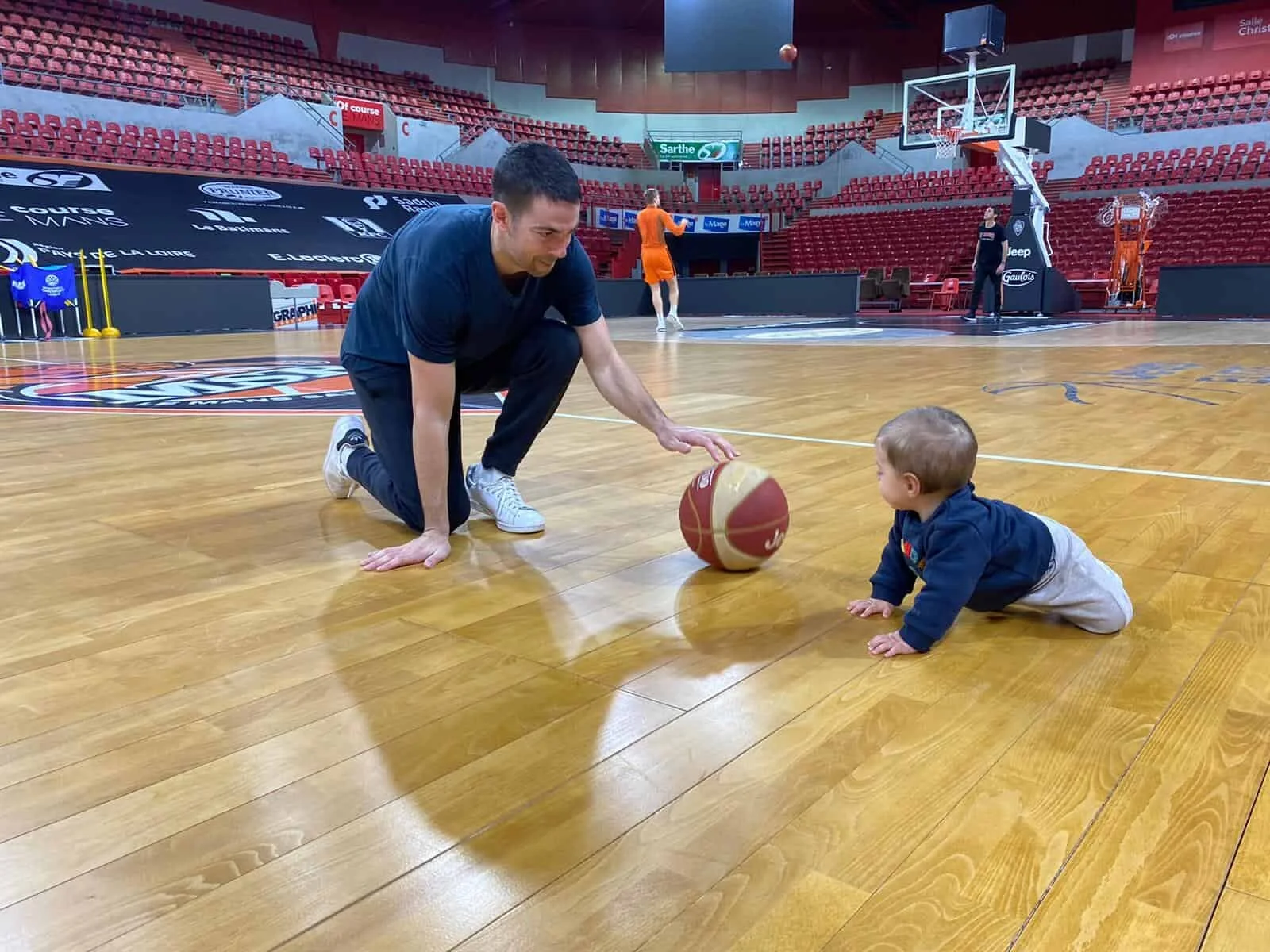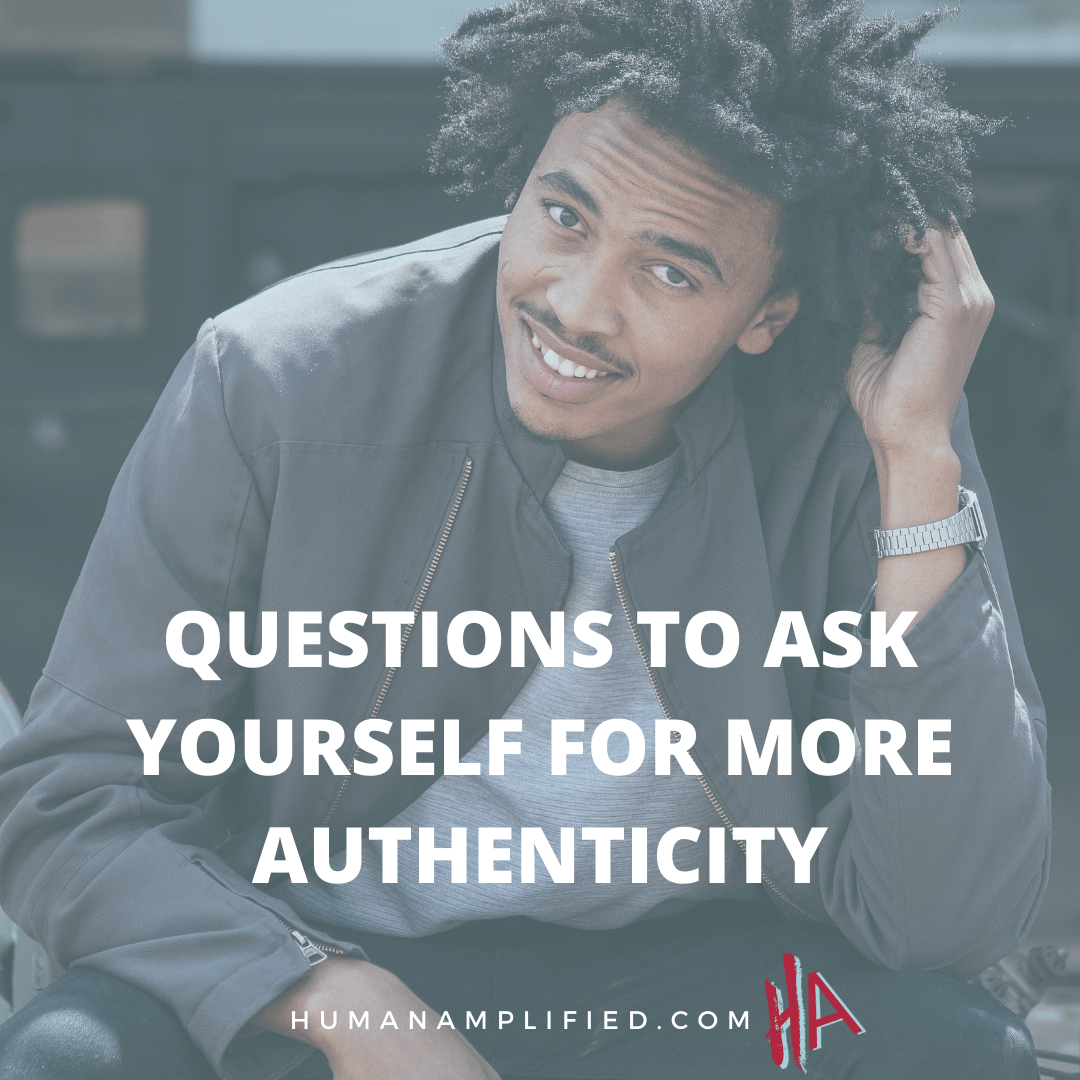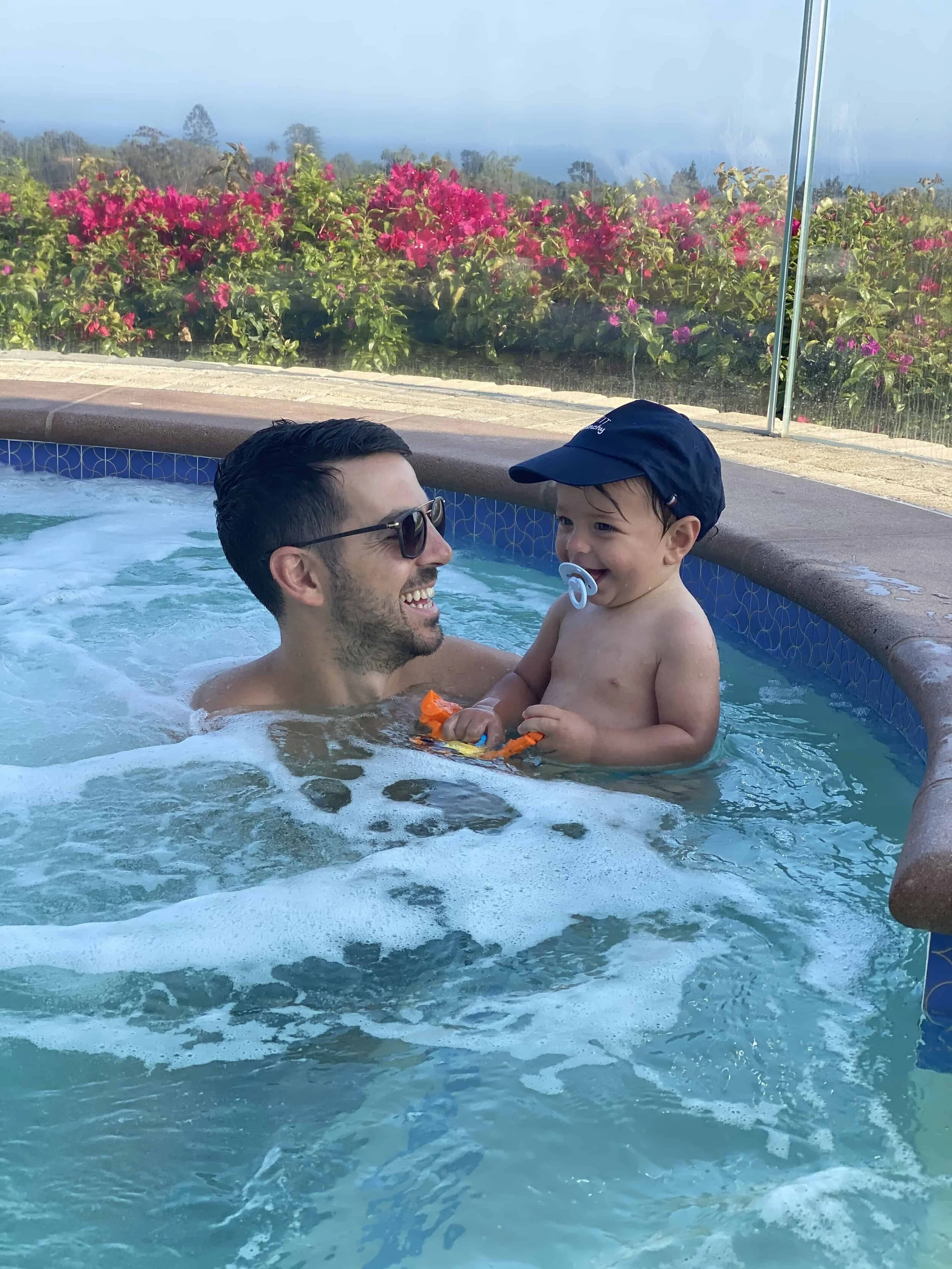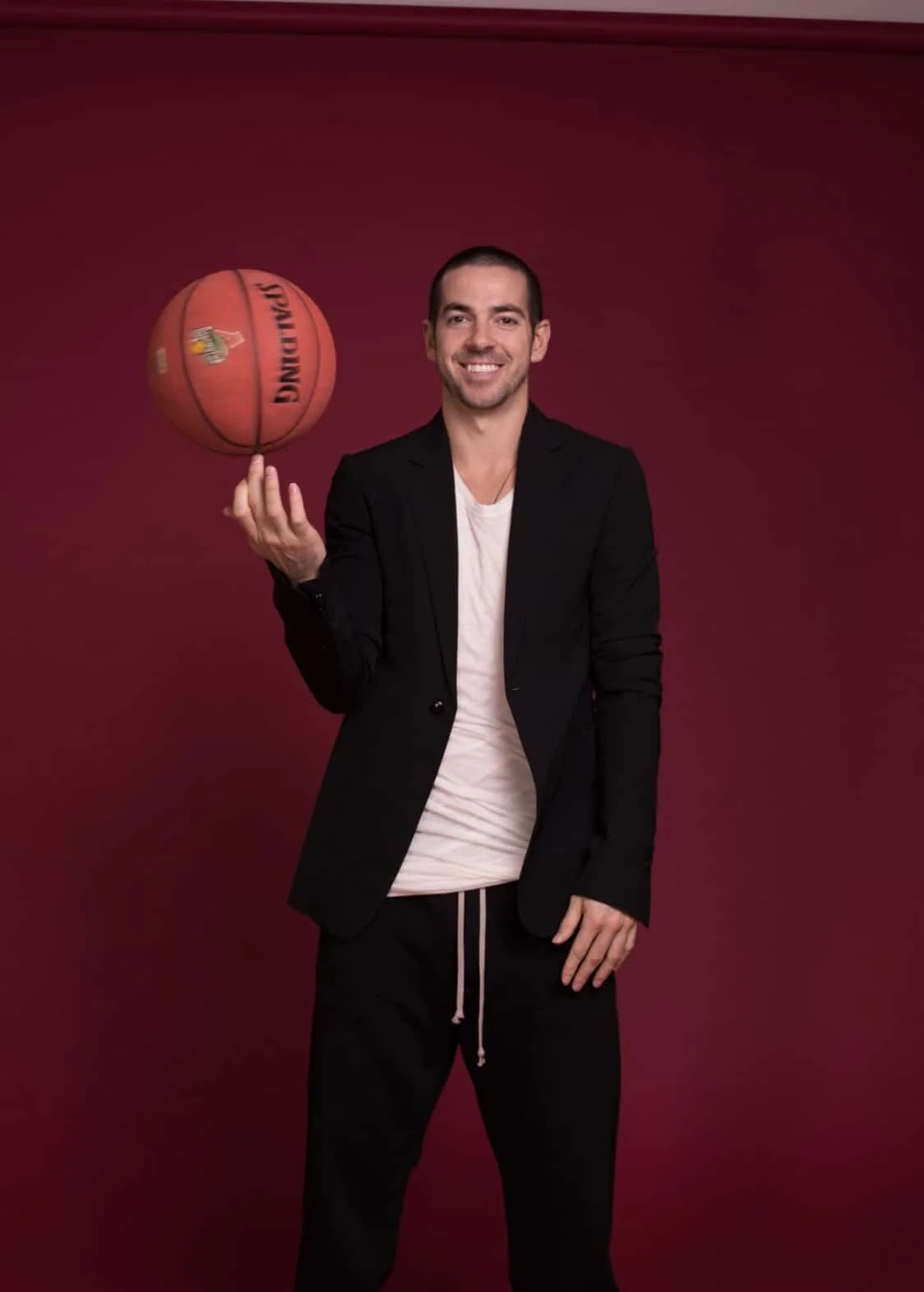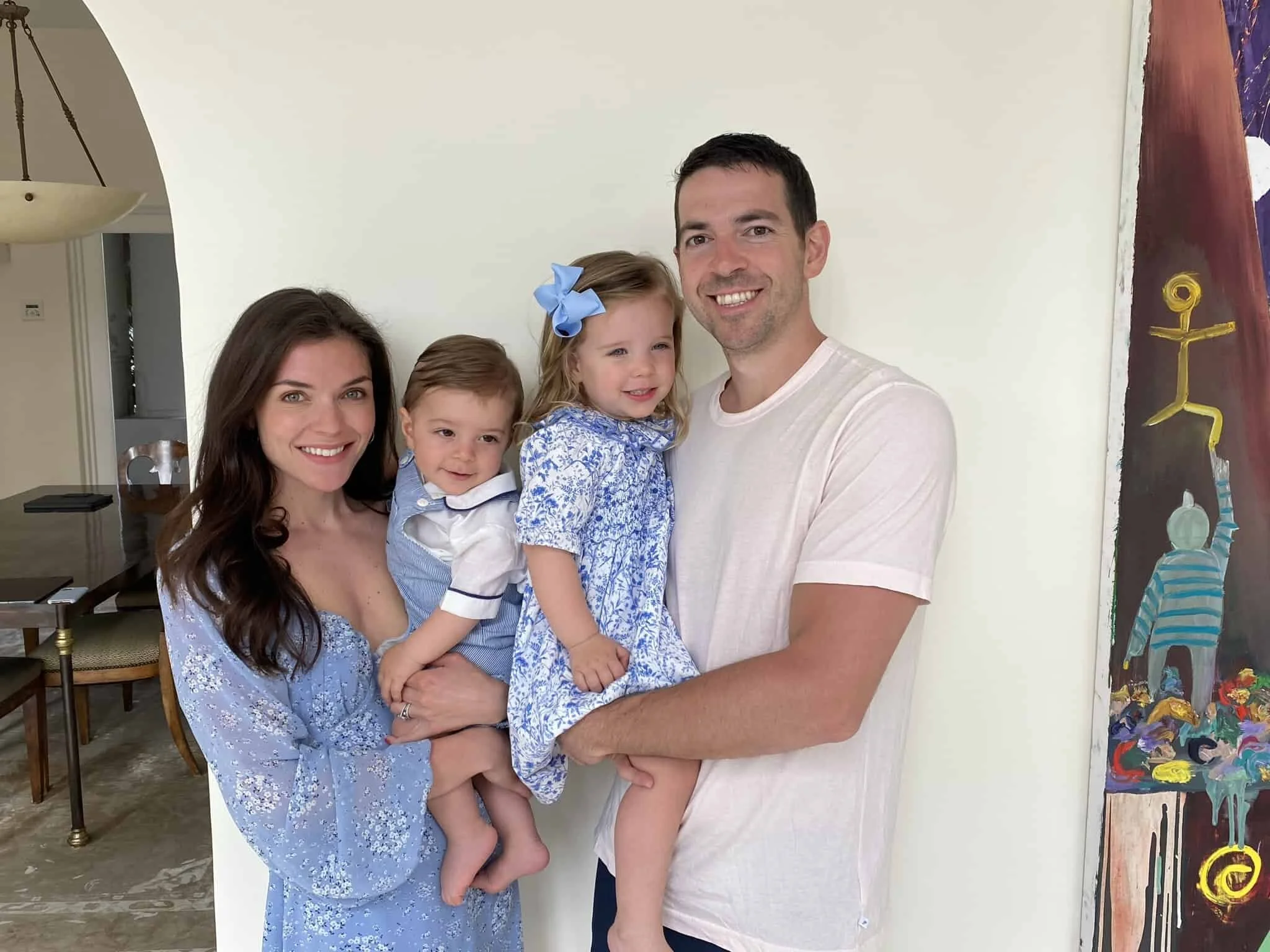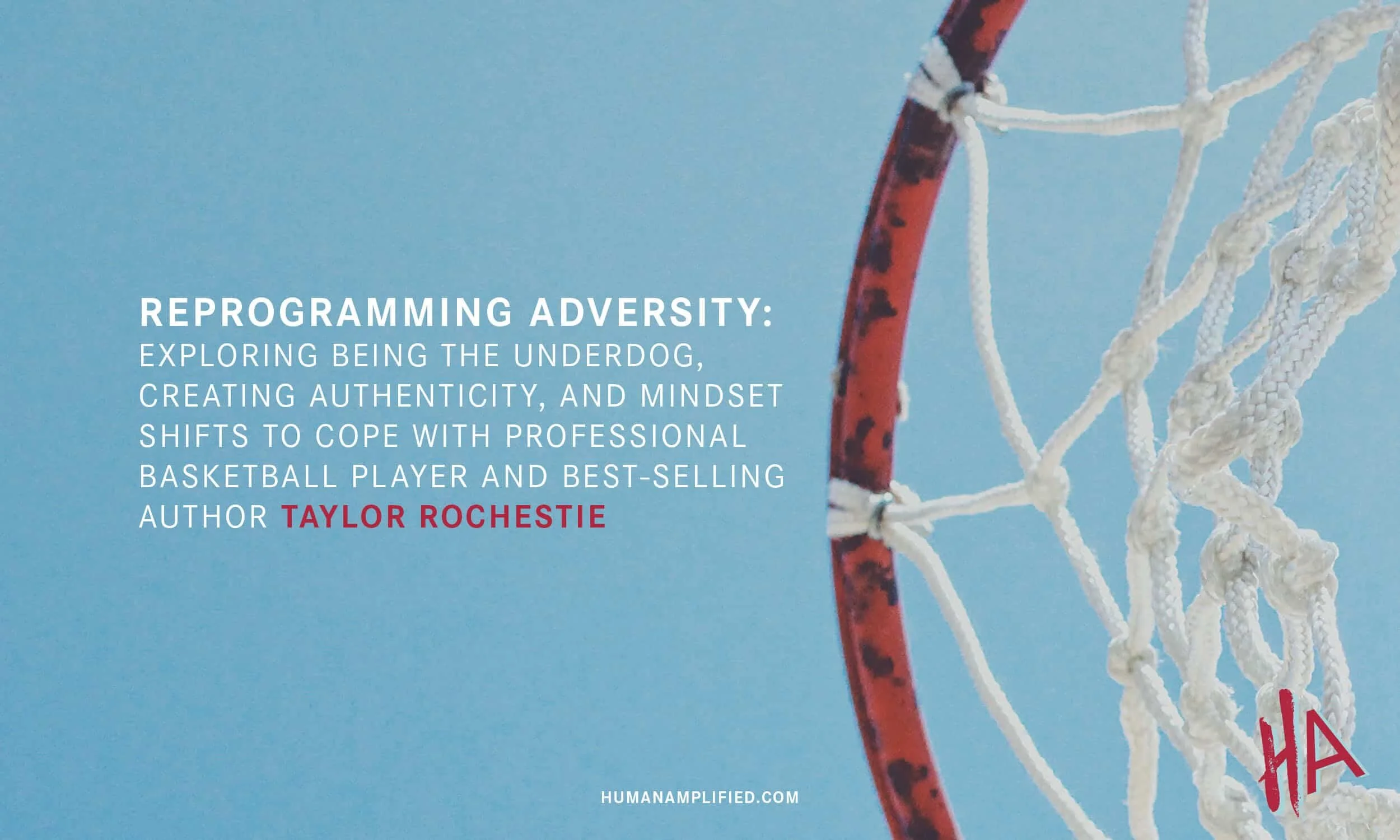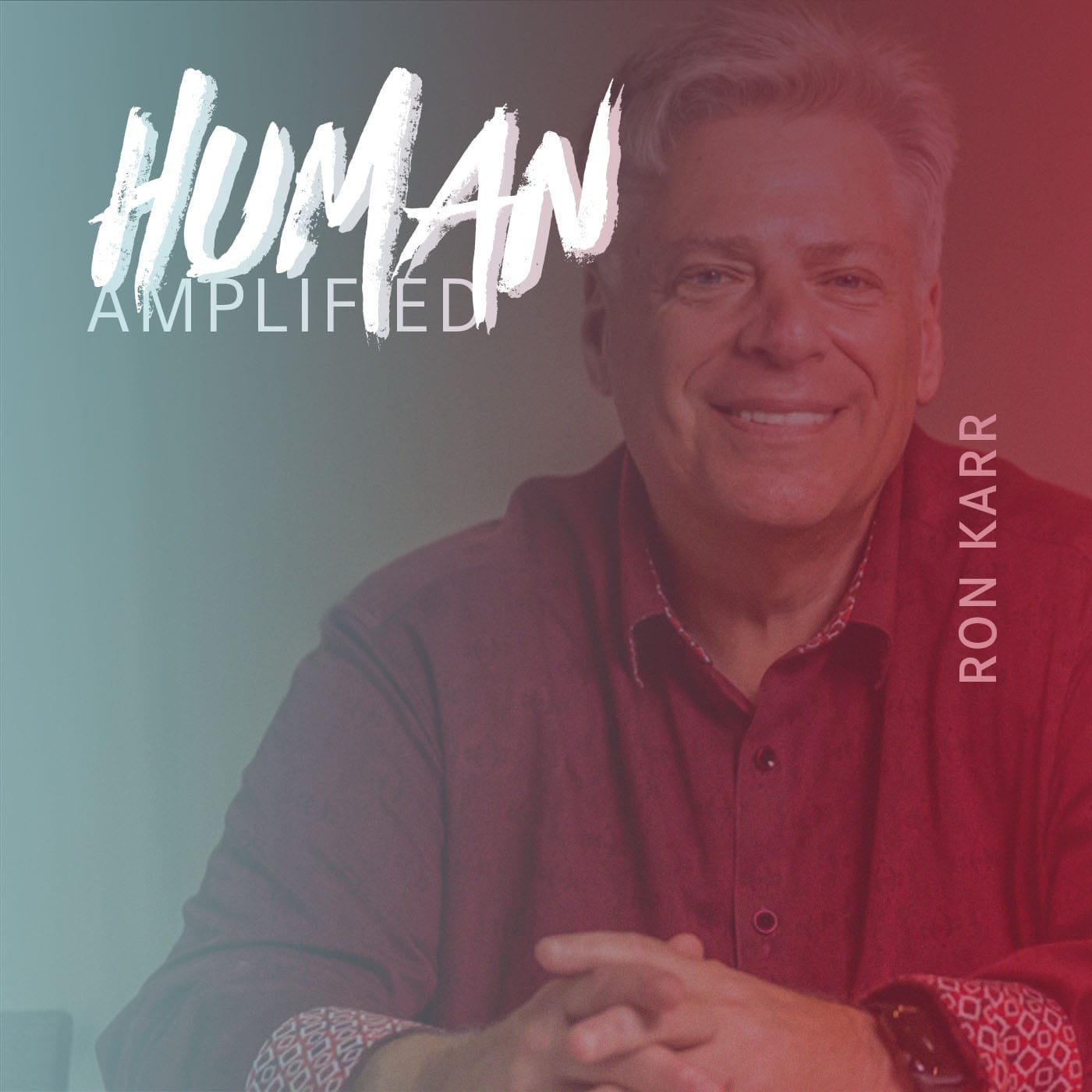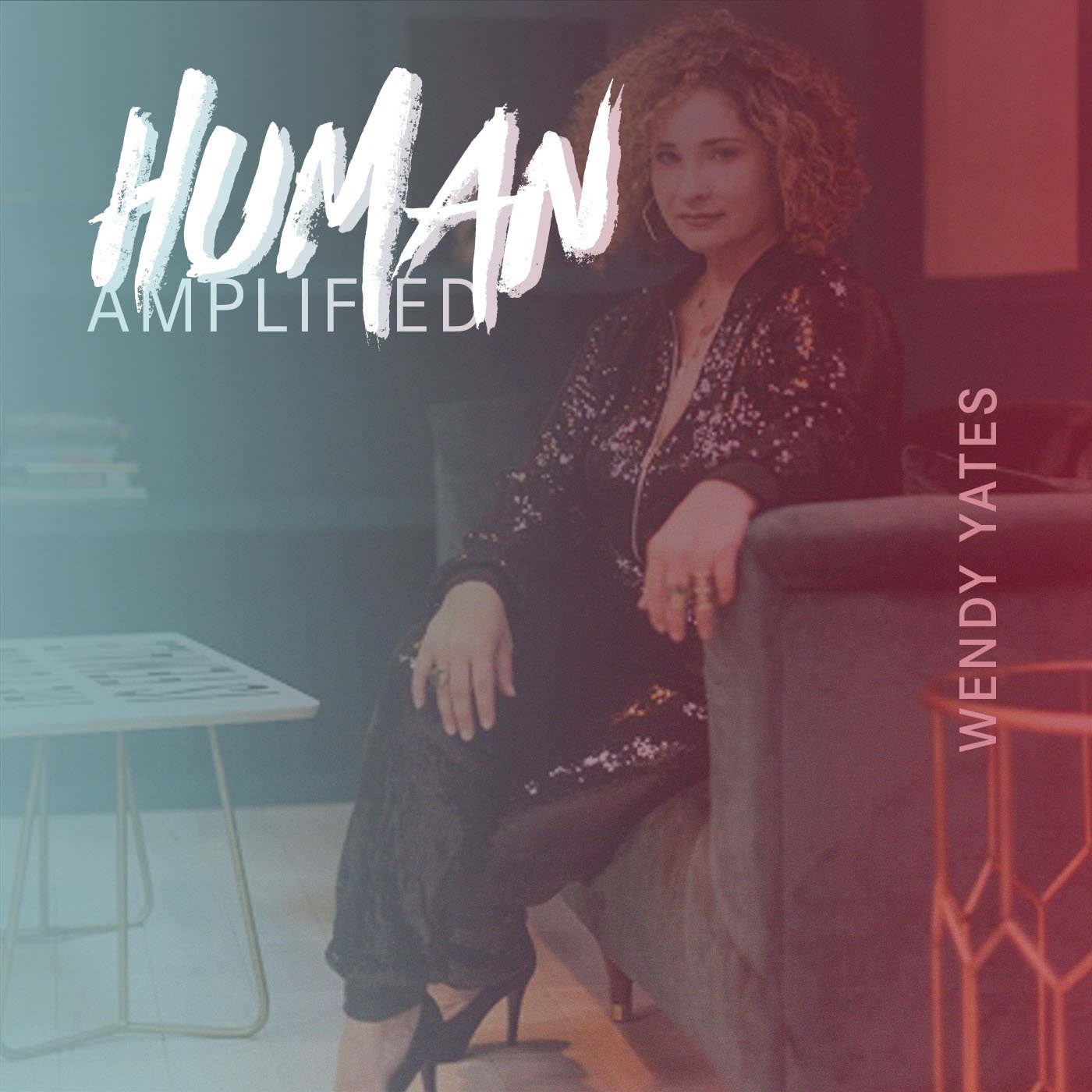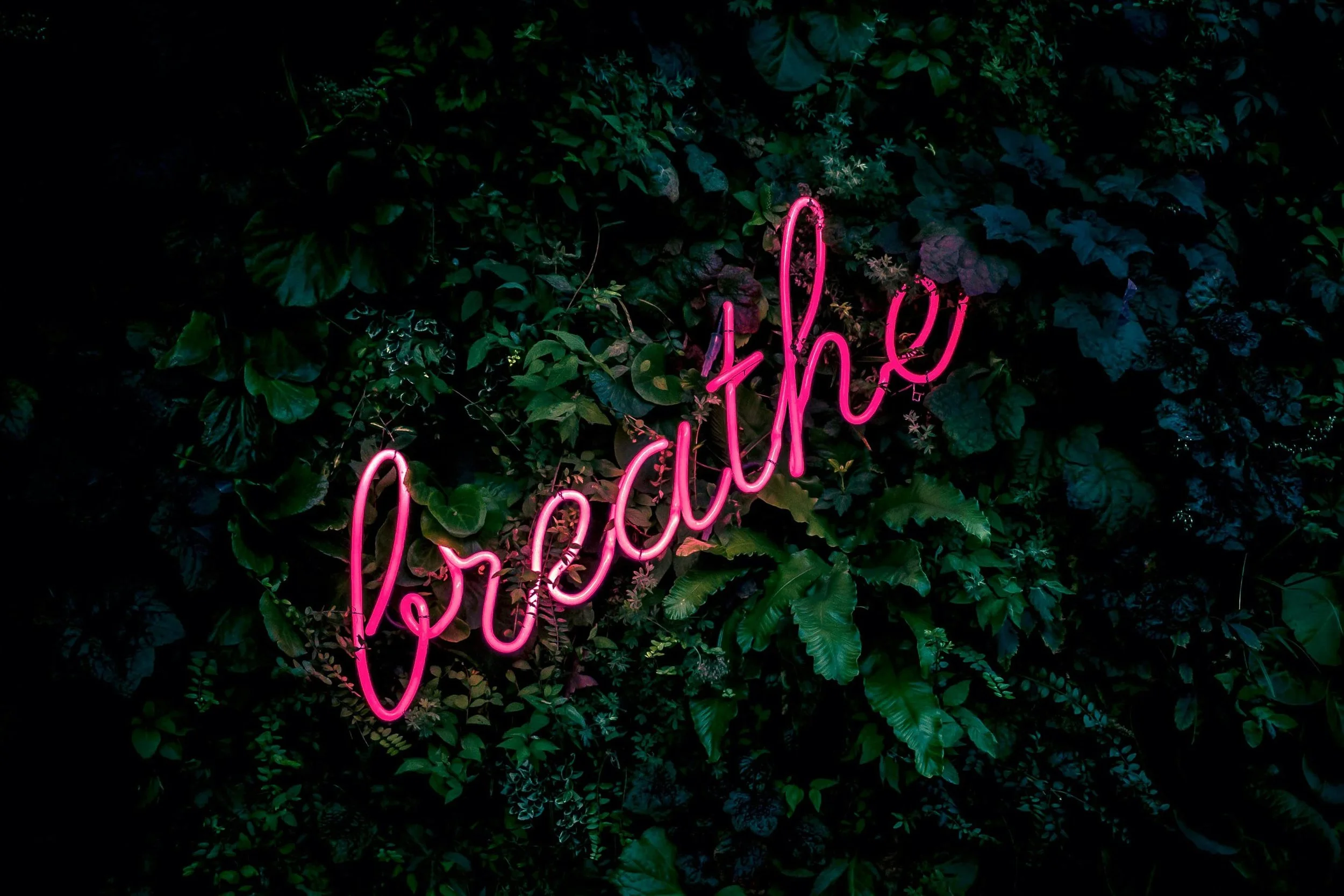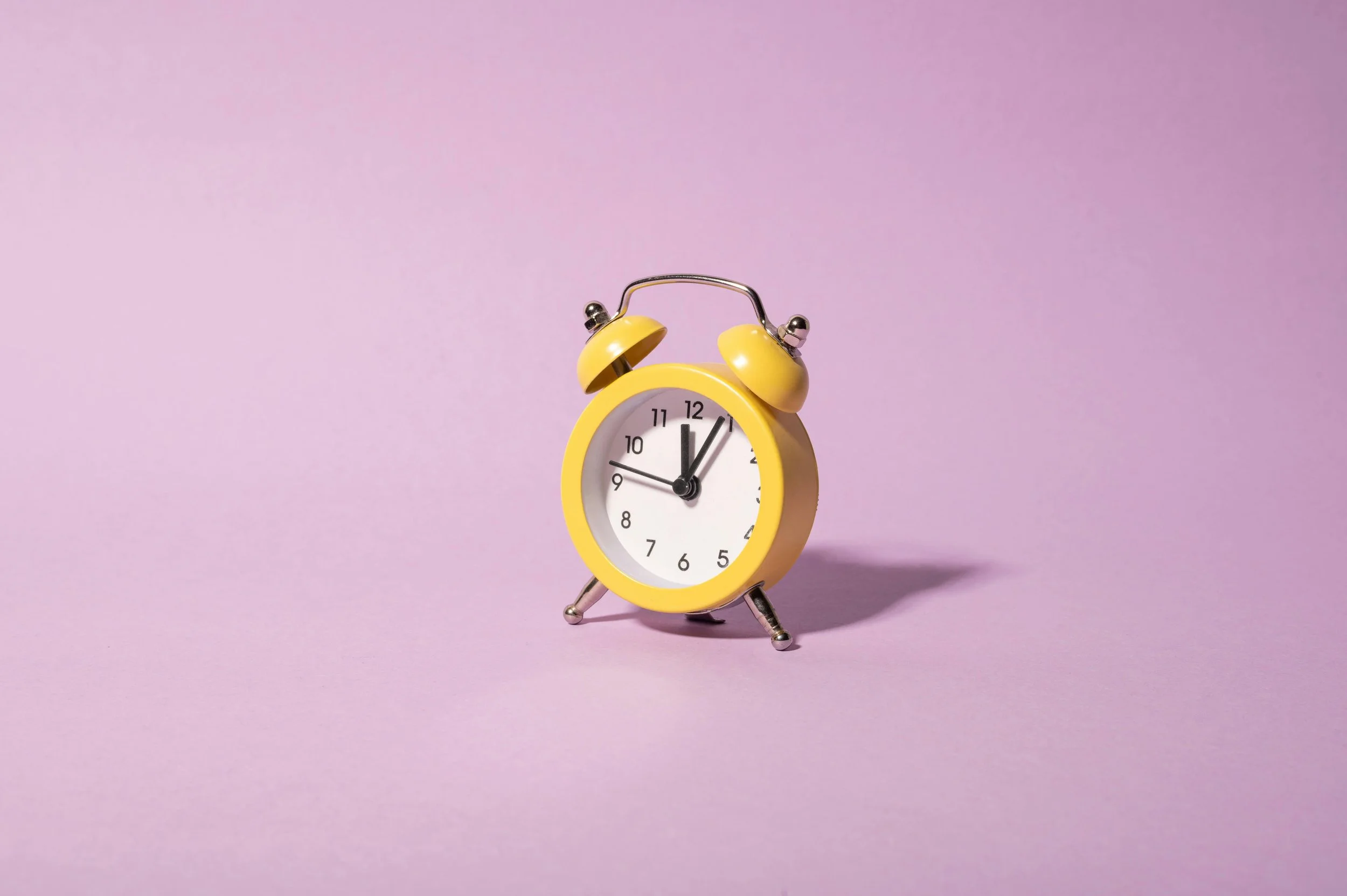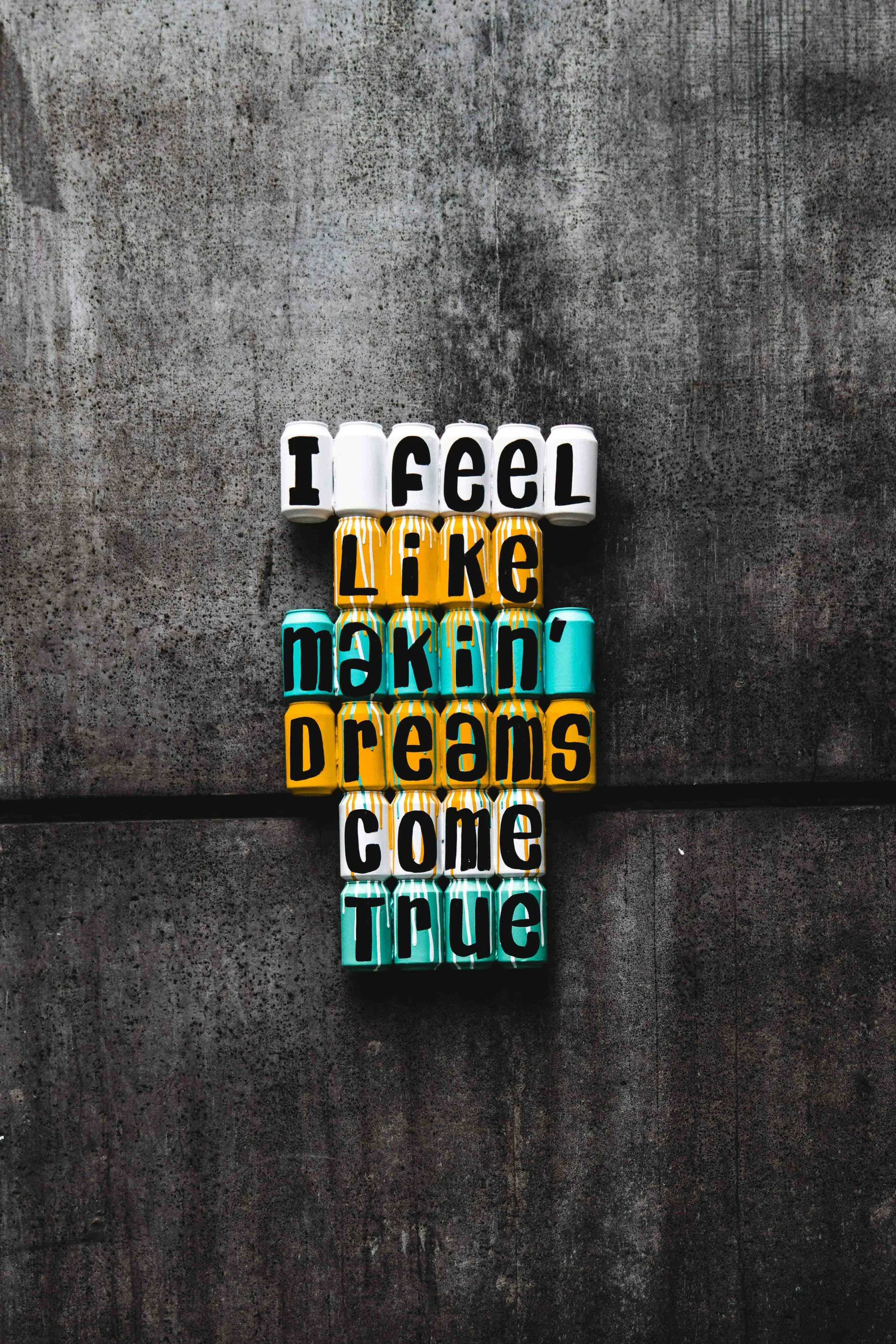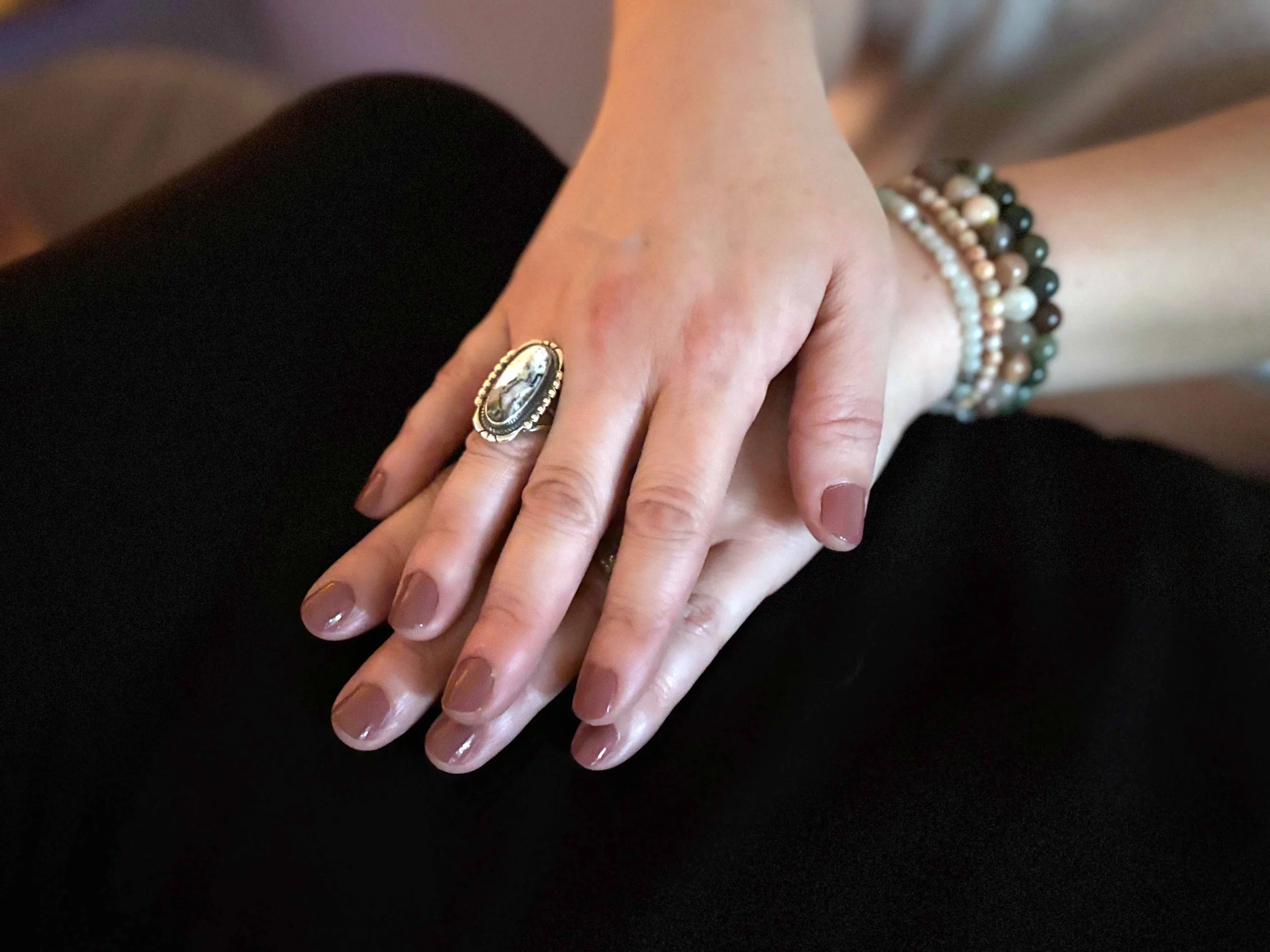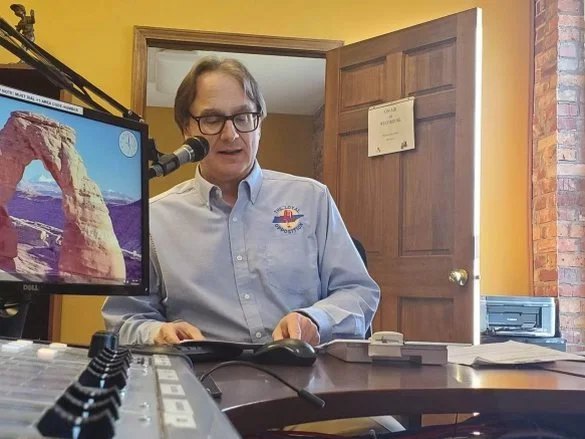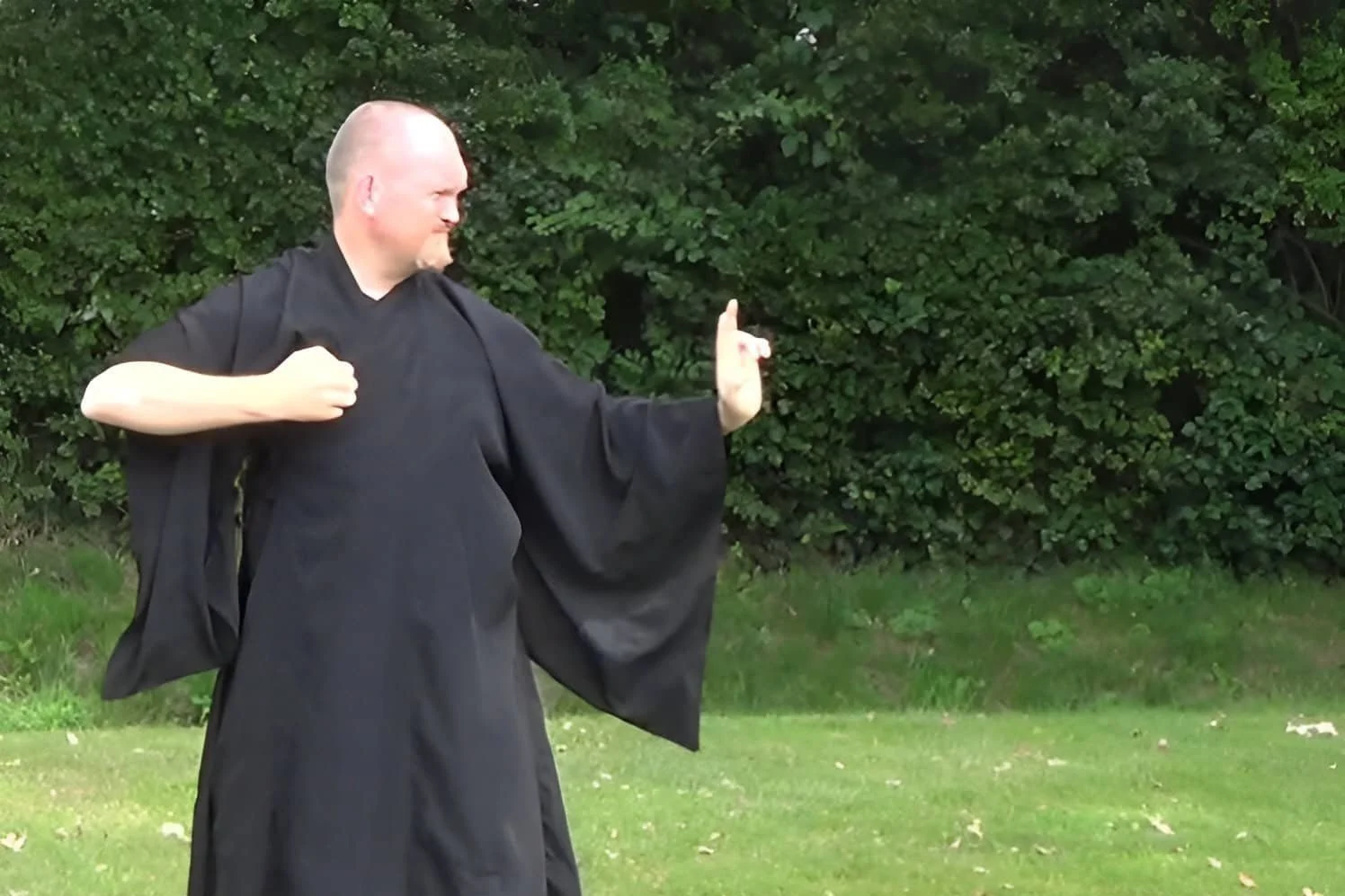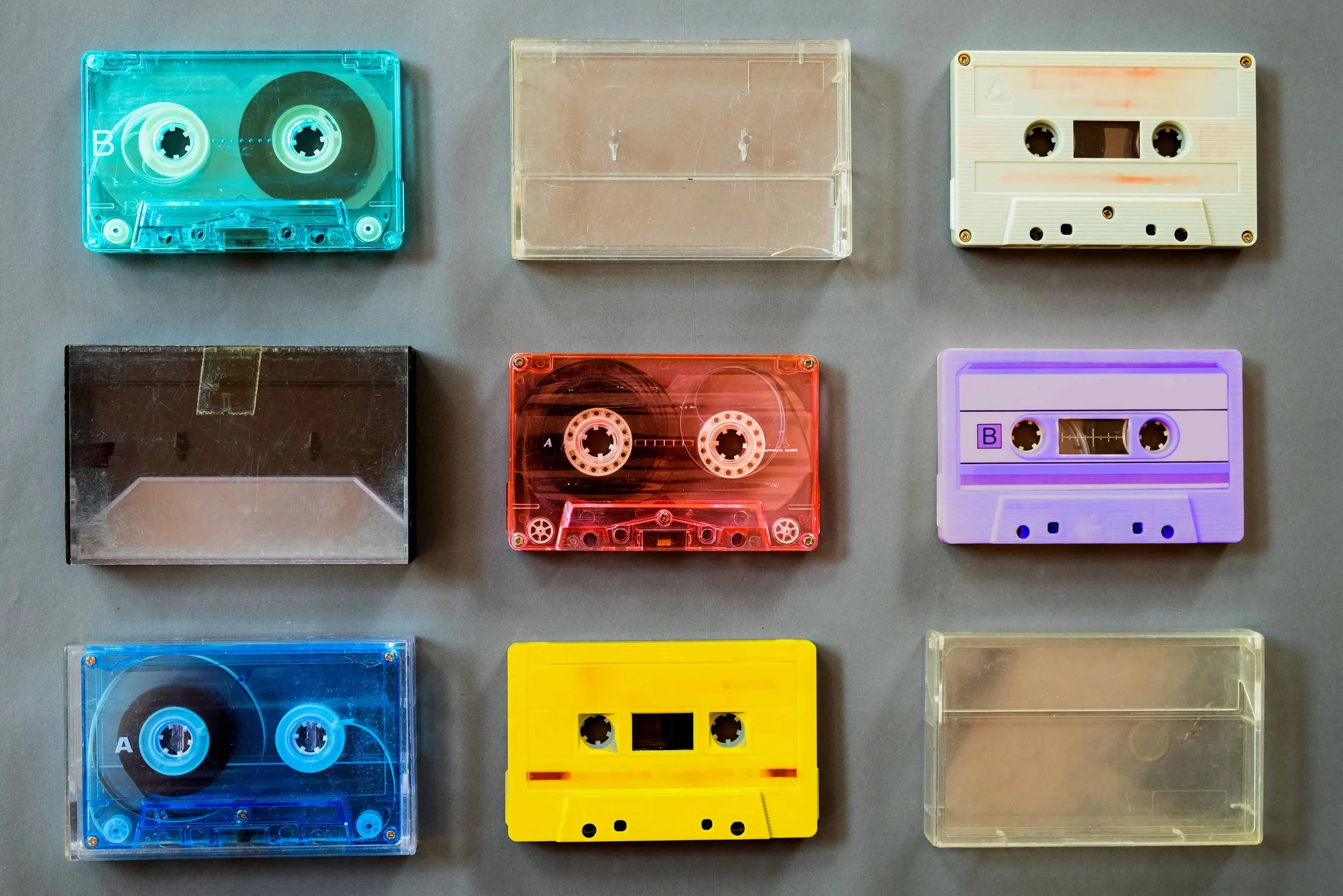Reprogramming Adversity with Taylor Rochestie, Pro Athlete and Best-Selling Author
Interview by Brandi Fleck
Exploring being the underdog, creating authenticity, and coping through mindset shifts with professional basketball player and best-selling author, Taylor Rochestie
This blog post is for you if you want to harness the power of your mind to get through the turmoil and transition that so many of us keep finding ourselves in as we navigate the continued ups and downs of the pandemic. This article is also for you if you’re simply navigating life, aware of the pandemic or not, and want to bring more joy and positivity into your life by deeply thinking about who you are, what makes you tick, and how to embrace that more.
We have a ton of advice packed into what was a really fun conversation where Taylor Rochestie tells us his secrets for living true to who he is and choosing passion and authenticity for himself and his family. While he doesn’t deny hard emotions, self reflection, and negativity exist and have their place, he teaches us how to shift our focus to the positive, to the amazing. In other words, he tells us about how to reprogram adversity so that something good comes of it.
Taylor Rochestie is the best-selling author of A New 20/20 Vision: Cultivate Joy, Reprogram Your Mind, and Define Life Through an Authentic Lens, who shares a unique perspective of the uncertainty of tomorrow, and an active vision for the future. He’s also a professional athlete who has traveled the world playing basketball.
To learn more about Taylor visit, www.taylorrochestie.com. Follow him on Instagram @trochestie and on Twitter @Trochestie.
Taylor Rochestie and Brandi Fleck having fun during Taylor’s Human Amplified interview.
Feeling human
Taylor, what does being human mean to you?
Interesting first question. Such an easy one, a real soft ball, soft ball question. It’s not deep at all.
I think being human is being lucky, is understanding that we have a conscious mind to be alive right now, to have this conversation that we’re having right now, to understand that we’re alive, realize our place in time, search for purpose, find our happiness, find our joy.
Being human is connecting with people. Being human is just a whole array of emotions and ideas and thoughts. It’s everything. I don’t want to get all philosophical and say man it’s everything, you just have to feel human, but I think there’s so many things, it’s different for everybody and it’s just about being authentic and being you and realizing your place.
Awesome. I love that answer. Nobody’s ever said it’s being everything before so I really like that you brought up the fact that you feel it. You can feel being human. Even if you didn’t necessarily go there. So, Taylor, welcome to Human Amplified. I’m so excited to have you here today and I’ve been looking forward to this conversation. How are you doing?
I’m doing great. I’m very much looking forward to this conversation, especially with a starter question like that, this is going to be fun.
Awesome. Okay, well before we dive in, will you please introduce yourself to our readers, our watchers, our listeners. Tell them who you are, what you do, in case they don’t know, where you’re from, all of those details.
For anybody listening, this will be the best experience of your entire life. I think this is such an amazing interview we’re about to have, so I’m excited. My name is Taylor Rochestie. I’m a professional basketball player that just finished my twelfth season. I’ve played overseas. I’ve been everywhere in Europe and China. I just wrote my first book - best selling author. It just came out in February, it’s called A New 20/20 Vision. Born in Houston and raised in Santa Barbara, California.
I’m a husband, I’m a father, a son, I’m a brother, I’m so many things. I’m very fortunate. Very happy, very optimistic, very lucky, and excited to share a message of positivity with you guys.
Awesome. Well that’s really cool you just wrote your first book and you’re already a best selling author. How does that feel?
Well, I never really pictured myself as a writer or reader. I tell the story a lot that I originally started this as just a letter to my unborn daughter. And I had just these amazing ideas for her, for her future, and I wanted to write down how I felt, who I was at the time of her birth, and maybe give it to her when she graduates high school, and it just developed into more and more thoughts. Sentences into paragraphs into chapters into a book. And then some people came along and helped me kind of structure it and make it not all over the place because I have a lot of ideas and a lot of excitement for her so I’m really excited to share a piece of who I am with the world and share a piece of who I am with my family, especially my kids as they move forward.
We’re all similar, but we’re all different
Awesome, awesome. Well congratulations on that and getting that out there. You mentioned that you travel, you know, with basketball and all of those things. You’ve been immersed into quite a few different cultures as you mentioned. So can you sort of immerse us in your most stand out memory of your travels. Take us through some details about your favorite memory.
I’ve been asked this a couple times. I think it’s tough, people say ya know where’s your favorite place you’ve ever been. Where’s your least favorite place. What's the craziest thing that’s out there.
There’s - I like to think that I’ve learned everyday. I have this mentality and I wake up and I’m like yeah I want to learn today. So I’ve learned so many different things and been a part of so many different cultures that it’s so hard to pinpoint stuff.
Ya know, I’ve tried blood tofu on a back ally in China. And really didn’t love my experience there. I’ve been in situations where I thought weren’t going to be great and turned out to be amazing. I’ve been in situations where I’ve signed a great contract and show up to a country and a city that I think is going to be great, heard great things about, but didn’t like it so much. So, I try to take a little piece of everywhere I go and include that in who I am an try to incorporate that into the best parts of my family and try to enlighten and enrich our life by taking little pieces of each culture and each country and finding it’s best parts and bringing it to us.
Sure, awesome. Okay, so if you could sum up what you’ve learned about humanity through your travels and experience, let’s say in one or two sentences, how would you sum that up?
I think COVID kind of summed it up. Ya know, during COVID, we’re searching for connection. We’re searching for love. We’re searching for acceptance. We’re searching for optimism. We want to plan things. I’m not really a two sentence kind of guy, so this is great that we have some time. I’m just excited about life because we got a quick pause in life and realized that certain things were stripped away from us.
And the more countries I’ve been, especially because this kind of included everybody in the world in one pandemic, and so you realize that we’re all just trying to be excited and trying to connect and trying to find our joy and trying to get back to a new normal and define that for us and realize what’s authentic for us. So if I had to define it, I would say we’re all similar in a lot of ways, we’re all different in a lot of ways, and our uniqueness makes us very very special and it’s something we should embrace and not shut away.
Absolutely, yeah. The connection piece that you touched on is really big. Many guests always touch on that connection piece and I think that's a common thread in our humanity for sure. So, I want to ask you to… what drove you to pursue being a professional athlete as a career and specially why basketball? I don’t know if that’s related, if this is a good transition. Is there a connection piece, is there something to do with your humanity there, but let’s dive into that.
I think the connection is with being part of a team. I played a lot of sports growing up so there is definitely that connection where I always enjoyed being part of a team. I think my parents and my brother would tell you that if I was by myself playing like tennis golf that I would have broken all my clubs or thrown my racket because I was such a competitive kid. But basketball was always my passion and I’m very lucky and fortunate because a lot of people keep searching for their passion and I had that very very early. And I was very determined to get to where I want to be and very goal driven.
So, from a very early age I was talking about playing professional basket ball, envisioned it in the backyard playing basketball by myself or hours and hours a day. So I've always loved sports, always loved basketball. I always wanted to be like my older brother. He didn’t play in college or in pros or anything like that but he was always a great athlete and he was a couple years older, so I would always try to push to get as good as him just so I could play with him, so that helped me a lot too.
You might also like: Hannah Mermaid on Being Human, Being Mermaid, Fantasy, and Activism
Okay. What is it about basketball specifically that makes that a passion for you. Is there something you can pinpoint?
I think again, touching on covid, I think I’ve learned that adding the ambiance, the crowd aspect into basketball is a big thing. I like not the performance aspect of it though, a little bit more of the inspiration aspect of it. There’s that childlike feel when you play a sport and when you see kids coming to the games, parents bringing their kids. A big ol smile on their face is very humbling because I might be having a bad game and there’s a kid who’s just excited to meet me and talk to me after the game. And so there’s that childlike feel to basketball.
Again, I like playing as a team. I like the idea that I can play offense and defense. I’m a point guard. Slo for the people who know basketball, it’s a very hands on position that can control lots of the game. And I watched football and I was like that would just be so crazy if you’re the best player on the team and you only play defense and you need your offense to score and you’re on offense but you need your defense to stop. So it’s fun to be all aspects of the game, for sure.
The Underdog Mentality
Mmm, okay. Thank you for that explanation. That really sort of gives us a glimpse into your personality here I think . And, speaking of your personality, I know that the topic of the underdog is something that’s come up for you and has maybe been a theme in your life. I certainly identify with being an underdog and I really root for the underdog. So what is it about being an underdog that’s important and also if you can sort of give us some context about that theme in your life that would be helpful too.
Well, I think being from Santa Barbara, California - it’s not known for people coming out and being top in the country in basketball. I’m also not 6’10” with a 7 ft. 5 wingspan. So I think just from the look aspect I’m an underdog where you wouldn’t expect me to be a professional basketball player. Not really recruited that much out of high school. Not really recruited too heavily even coming out of college - having to work my way and prove my way every year and kind of quiet the naysayers. But that underdog mentality is part of everyday. It’s the idea of setting goals and not expectations.
I think a lot of people have expectations of things they want in life and they’re let down when they don’t get them and it builds a lot of anxiety. I like to set goals instead of set expectations so it focuses on the process. It focuses on the everyday. It focuses on the work that I’m putting in and when you’re the underdog, you’re always looking to push harder, you’re always looking to get better. And then no matter what, failure/no failure, win/loss, you wake up the next day, you’re that underdog again ready to fight and ready to keep going and I think when you take on the role of the underdog, it relieves a lot of stress.
It relieves a lot of anxiety and a lot of things that a lot of sports figures are talking about more and more right now, especially during the Olympics. You have people for mental health reasons not joining the Olympics. I think a lot of that deals with stress and anxiety for setting these expectations and having expectations on you.
And when you’re the underdog and you know you’re going to be working as hard as you can and then you know it’s about the process, not about the result, it relieves a little bit of that anxiety because you start asking yourself:
“What can the world ask of me that I’m not already asking of myself?”
Because I’m that underdog, so I’m just going to compete and love this game for who I am, for my family, for the people that support me and be rooted in what matters, especially when it comes to sports.
I really love that focus on the goal, not the expectations. That’s really good advice. Is there — and this is sort of a general question and big — but is there anyone on the planet who isn’t actually an underdog in some way?
I think the answer is yes. And I think most people aren’t and that might surprise you.
Okay.
Because they don’t internalize it and they don’t think about. So a lot of people are going through life and they’re not making choices based on really really deep thought. And they’re not self evaluating everyday. They’re not taking on that real underdog role.
They might play the victim and be the underdog in that type of way and realize there’s a lot of challenges and a lot of obstacles — and that’s the case for all of us — but when you shift your mindset and really take on the underdog role, it’s different in your approach.
You don’t necessarily even feel like the underdog. You just go out everyday and that’s just who you are. Man, I’m going after it, I’m going to attack life. I’m going to attack this game, this practice, whatever it might be, and I’m going to go into this interview and I’m hoping we have the greatest interview ever and I have a goal to really connect with you and have a great conversation, but I don’t have an expectation to be perfect because that’s just not something that’s going to happen. I’m going to stumble on my words. You might not connect with me and that’s just the way it is. But I’m going to go in and as soon as this is over it’s what’s next? How can I improve? What did I learn? And how can I continue that underdog mentality?
But I don’t think everybody is thinking about that during their day. So even if they are the underdog, which most people are, I would shift it to say they’re not because they’re not thinking about.
Yeah, that’s a really unique perspective that I hadn’t thought about before. So, I’m going to chew on that a little bit.
Keep that up top.
The Importance of Trying to Improve - Trying to Be a Better Human
Okay, and so, I’ve spoken - I want to bring this back around to positive psychology. You seem really upbeat, and you’re all about passion and joy and what’s next. But if you take on the mindset of an underdog everyday, I feel like that goes against a little bit of - I’ve had a guest on the show who’s an expert in positive psychology, and he talks about how you should play to your strengths and if you know what your strengths are you can improve those faster than you can improve your weaknesses. So it seems like if you take on the underdog mentality, you’re playing to your weaknesses or you’re trying to strengthen your weaknesses. What do you have to say about that and what are your thoughts just on that in general.
Well first of all, I definitely agree that you should find out who you are, find out your authenticity, and find out how to best bring that to the world, how to best provide positivity to the world for who you are. You don’t necessarily need to be perfect at everything, so as far as trying to figure out how to be great at everything and improve your weaknesses, that’s a tough thing.
I like to talk about improve a hat everyday. We all wear lots of hats. So if you’re a great father or if you’re a great worker, if you’re a great construction worker, whatever it might be, we carry a lot of hats as a dad, as a husband now, as a son, whatever it might be. So, I talk about improving the hat.
And again, it’s about the process and not an expectation of perfect, so you don’t need to have perfect strengths and perfect weaknesses, but if everyday you’re trying to improve, everyday you’re waking up and your’e trying to learn, I think that’s a good thing. And whether you’re improving a weakness or improving a strength, it’s that constant seeking of improvement. And so you can wake up everyday and you can feel really great when you lay down at night because you improved and you’re moving forward in whatever direction that you see fit that brings you joy and happiness. And so if I can go to sleep at night and say, “Hey, I was a really great dad today,” that’s great and that’s something to feel joyful about, feel happiness about. I did really well at work today. Or, things are not going good over here so I’m going to improve this while I can until I can improve that. So it’s that constant seeking out improvement I think is good either way, strengths or weaknesses.
Okay. And then just this came up for me. Is there a time and place for just being as opposed to a constant seeking of improvement?
Absolutely. I’m a huge fan that feelings are meant to be felt. As far as negative thoughts, I always feel like we should have some type of leash on negative thoughts and we should have some type of leash on negative emotions. And that leash might be very very long.
Some people take six years to process something. Some people take six hours. And I think that’s part of your authenticity and realizing how long you need for each thing and how fast you can transition and how fast you can re-motivate yourself and how fast you can inspire yourself.
But if you’re in a time of reflection or standstill, that’s fantastic and you can learn a lot in that time as well. Sometimes you need to be moving forward and sometimes you need to reflect. And that’s part of a great morning intake when you wake up and you say, “Hey, who am I today? How’s my mindset? What do I need today for me? What makes me unique? What makes me authentic? How can I improve?” And some days you say today I need a day for me. I need to relax today. I need six months for me — whatever it might be. And whenever your motivation kicks in or inspiration kicks in, then be ready to roll.
Yeah. Is who you are today — does that change from day to day?
Well, I read a little bit about what we might be talking about, so there’s a part of the book. That’s perfect that you asked that question.
Okay.
You wanted me to share maybe a part of the book. I’m going to read that and that’s exactly the question you’re asking, if that’s cool.
Okay, great, yeah.
So a quick thing from the book: “I go into each conversation with a fresh mind. Every conversation is one of a kind and the only one that’s happening now. If I bring yesterday’s mind into the reality of today, then I’m losing out on the surprising potential of each and everything I encounter. When my mind is fresh, then I’m ready to listen and interpret new information and make it my own.”
And so that — I hope that I read my book in ten years and I’m like, “Oh man, those are my old ideas because I’ve evolved, I’ve grown, I’ve learned.” I don’t want to — I think that’s important in my marriage — I don’t want to wake up today and think that there’s something going on from yesterday that didn’t improve. And I’m going to wake up today and just say, “Hey, it’s a great day.” Everything that we’re going to experience together is new, it’s fresh, it’s exciting. And that can be after one day of a relationship or 30 days of a relationship. So, I’m always going to open my mind to the wonder each day because when you’re in constant seek of gratitude and seeking out thankfulness everyday, it’s incredible how your mind can be open to it, and then you’re not going to miss it when it passes by.
Finding and Creating Your Authenticity
This is really interesting, so you have brought up authenticity quite a bit and I think some of the concepts you’re talking about would be huge mindset shifts for some of our listeners. So, can you just explain a little bit about what your definition of authenticity is and also give us like a few tips for how to get there.
Alright, I’m writing two things down, so - the first thing is, it’s difficult in a social media-driven world to find your authenticity. And I think it’s a great metaphor for trying to figure out who you are.
So, what are you posting? What are you thinking about when you post? A lot of people do or are involved with social media. So, when I take a picture, am I taking one picture and posting that picture? Am I taking five pictures of the same thing to make sure my smile’s right? Am I posting it with a filter? Am I not posting it with a filter? There’s a lot of different stuff going on from external pressure to how I grew up to what I want my friends to see, what I care about myself, what’s important to me. And that all comes into this social media world of what am I posting, what am I doing, how do I feel about it.
And so most of the time we’re posting because we think it’s what the audience might want or it’s what we’ve been programmed to think it’s what we even want because we haven’t taken the time to sit down and create authentic thoughts. We haven’t understood what makes us happy and what makes us joyful.
And a lot of times we’re taking — sometimes we take the easy road out. Sometimes we do things to please people and all of a sudden years go by and we’re like, “Hey, this isn’t really who I am or what I want,” and that builds that stress and that anxiety.
So the first thing is realizing why am I doing the things that I’m doing? Is that because of who I am or is that because of my surroundings and the external pressure?
And the second things is, I talk about in the book too — I asked my mom — I was dating my wife at the time. And I asked her what she thought of my wife. And she said oh, she had a couple answers that I’d heard many times before. My wife is from France. When they first met, she didn’t really speak that great English.
She was like oh there’s the language barrier and the distance and the gap between the families and this and that. All the things she was telling me were true but they were these generic answers that I could have heard from anybody, and she’s actually spent time with her. So I was like, hey what do you actually think, but I don’t want you to answer it with me here. I want you to go think about it for yourself and then come back to me in a day, a week, after you’ve created that authentic thought. And she came back and she was like, “Wow, I figured out all these great things about her.” She’s really great in all these different ways and I was like, “It’s been four years, she speaks perfect English now.” Ya know. It’s different.
And so she created that authentic thought and most of the times we give these small talk responses and these things we’re used to giving and we’re not creating that authentic thought.
You might also like: Being Unapologetically You
So the two things I would say is, what are you doing as far as work and everything — what are you doing and why are you doing it? Is it for you or is it for someone else? And these choices that you’re making, is it adding joy and happiness to your life or are you just making them to survive or making them to please somebody?
And the second thing is you need to sit down and create that authentic thought and create your authenticity through all the experience you’re having, how do I feel about it and how do I fit into this whole process? Is that really me?
Yeah, okay. A really big take away here I think is the fact that you can create authentic thought. Like, you can make it happen. It doesn’t have to necessarily already be there. Would you say that’s fair to say?
I talk about cultivating joy and I think it’s the same type of idea where it’s not a reactive type of thing, finding your authenticity. It can be. And say hey, I just saw a new game and wow I’d really like to play this game. It’s kind of really fun for me.
But another thing is developing it from the inside.
And I talk about having a morning intake. And I say the interior must effect the exterior before the exterior effects the interior. So when you wake up in the morning, before you check the stock market or before you check your messages that you got or didn’t get and that effects you right away, ask yourself how you’re doing, how you’re feeling, what are you goals for the day, do you write lists down of things you want to accomplish — are you creating that authentic thought in the morning or are you just hitting the ground running with what the world needs of me instead of how I can express myself to the world.
The Search for Happiness and Cultivating Joy
Gotcha, okay. Well, so finding joy and living with joy and things like that, um, make me think of —I feel like humans are constantly on this never ending search for happiness. Are you? Are you on a never ending search for happiness? Is that how you would describe your journey?
I don’t see a better thing as far as on Earth that is worth my time as far as gratitude, happiness, joy, thankfulness, giving back to others, inspiring, motivating, all those things are such incredible things to seek out. And I believe that what you seek is what you’re going to find.
Okay.
You can surround yourself with so many positive things, so many great things. I think about it all the time. It doesn’t mean that other things aren’t important. It just means that if I’m going to wake up everyday and I have these hours to give, I’m going to try and inspire. Not only inspire other people, I’m going to try and inspire myself and I’m going to try to motivate myself to see what I’m capable of and see the impact that I’m capable of making.
Okay. So where does love fit in? Is that part of it or is that — I mean do all of those things feed into love? Is like love, well yeah, where does it fit in I guess?
I think it fits in everywhere. I think seek out passion, seek out love, all the kind of stuff. Well, uh, I’m a big fan of the Bible. And so, it drives out fear. Perfect love drives out fear. It’s from the Bible, so when you’re putting your passion, your love into something, it takes out the fear of life. It takes out the anxiety and the stress and you just go after stuff because you realize that this is who you are. You’re putting yourself out there and be very proud of that. And like I said just be proud of yourself.
You might also like: I’m Not Going Down Without A Fight - A Singer’s Story of Healing Through Her Passion
Would you say it is synonymous with authenticity and all of those things? Like it’s all just the same thing then, is that what I’m hearing?
[This is where Holland, my cat, made her presence known by scratching on the office door. You may not hear it in the video, but we could definitely hear it. Podcast home studio life, right? Silly kitty.]
I think that it plays a part. I think authenticity is truly having a great relationship with the person that you see in the mirror — being very happy about who you see in the mirror, being very real with who you see in the mirror, with loving that person you see in the mirror, with going out there and loving your neighbor, going out there and loving a stranger, going out there and being grateful and in seek of gratitude all the time and in seek of thankfulness. A lot of that stems from love. A lot of that stems from caring and kindness. And I think that they are interweaven, interwoven, whatever the correct word is, and I think that’s something we should definitely be sharing, for sure.
Watch the Full Interview
If you’d rather watch the complete, unedited video of Taylor Rochestie and Brandi Fleck hanging out talking all things authenticity and how to be you plus get a little insight into his life and approach to achieving his goals, here it is in all it’s fun glory.
Why Shifting Your Mindset is Important
Let’s dive in a little bit to the opposite end of the spectrum with love, happiness, joy, and all those things. Are we even capable of experiencing happiness and joy without experiencing the opposite of that in life and how does that interplay?
I think that interplays with the mindset and the best way to put it is that we’ve all experienced some highs, some lows, and during those experiences, they don’t happen in a vacuum. When you’re experiencing joy and happiness, it’s not because there’s nothing bad going on in the world. It’s not because there’s no negativity around. And when you’re experiencing sadness or pain it’s not because there is nothing happening in the world that’s positive. It really doesn’t happen in a vacuum. It always is happening simultaneous as other things that are happening.
And so when you’re experiencing that joy, it’s just because your mind is focused on that joy as opposed to being focused on a lot of other things that might be negative around. And when you’re experiencing that pain and sadness, your mind is focused on that instead of realizing all these other incredible things that are happening around you. And so it is a tricky play that’s happening with the mind.
I don’t think that you can just mindset your way over here and you’ll never ever see these things. However, you do have the ability to shift back and forth.
And you do have the ability to train your mind or to cultivate that joy and happiness and to create triggers and surround yourself with enough of the positive that when you are experiencing those negatives, you’re quicker to bounce back. You have that shorter leash, and you have those people around — you’ve got accountability and you have that strength, and that core, and that understanding of yourself in the mirror where you can bounce back really really fast. I believe every experience is different. Like I said, every person is different. Everybody needs different time.
But when you surround yourself with that right mindset, internal and external, it does help you shift that focus on the positive even with the negative things happening.
Gotcha. And then I guess if you’re focused on the positive, then you’ve shifted your mindset that way. That’s sort of a way to cope with the negative, would you say?
Coping’s interesting. It uh - I don’t think we should be seeing these negative things anymore as just life threatening things. I think that we really need to embrace everything that life has to offer. Life is truly incredible, ya know. There’s the sour and the sweet speech and there’s the understanding that if you never experience anything negative then you don’t really have that understanding of how good things might be or how positive things might be. I talk a lot about adversity.
We can reprogram adversity in our mind to realize that adversity defines us in a very positive way, it can. And with kids, or with people watching basketball, there is always someone listening and always someone watching and they’re like sponges.
So when adversity hits me — I like the quote, “be the light that helps others see.”
When adversity hits me, people are watching, people are listening. I can define who I am. I can inspire and I can motivate in my darkest time and during that adverse time because people are looking for a different alternative to just feeling grief, just feeling sadness, just feeling hopelessness. So I like to think that when you experience that adversity, when you can be prepared for it, know that it’s coming, embrace it, and then use that to inspire, to say I’m going to go through this. There’s incredible stories out there of people who’ve gone through the harshest conditions and inspired millions.
I think that’s a big possibility.
And then the mindset of that is, in the book I say, even when I’m at my worst, I can envision myself at my best. So even personally I can envision my best. So I turn my thoughts into actions and I can show my best, and then provide another alternative for the next generation, for the people watching who may also be dealing with some tough times.
I’m hoping we can get a little personal on this for a minute too - can you give us an example from your life where you’ve experienced adversity but you remember envisioning your best and were still able to turn that around and make a shift in that adversity?
Well an easy one would be basketball. It’s not as life threatening I guess you could say but it’s a good metaphor where I tear my knee or I’m out for a while, have a doctor telling me maybe I have six months to play, maybe six years, who knows. Having to rehab back from that and then trying to rehab back too fast, realizing I needed to get a second surgery, will I keep playing. Well that was 15 years ago when that happened and I’m still playing and able to play.
And what happens is we focus on how we’re feeling in the moment and saying it’s not where we want to be and then the difference is, I was focusing on where I was and where I’d come from and the steps forward instead of the steps I’m not experiencing.
So when I was walking, some people say, “Man I can’t jog, I can’t run, I can’t do anything.” Well, I was saying, “Man, I’m walking. I’m not on crutches anymore. How thankful I am that I’m walking.” So dealing with adversity that way is one thing.
And then I was away from family during the pandemic. I was away from my family and kids. I was in a country that didn’t allow them to come in. They closed the borders. Tried to get my kids in everyday. Not being able to see them for weeks and weeks and weeks and realizing the strength of our bond, realizing what matters, realizing how much I love my family, realizing the connection that we have, and looking forward to the things we are going to create once we are together, realizing how fortunate I am because I have things to miss, I have things to care about.
So there’s always a shift in the mind where you can seek out constant gratification as far as thankfulness or you can focus on the choices that you’ve made and how they’ve negatively impacted your life and I constantly am focusing on all the things they add instead of take away.
Okay, that makes a lot of sense. And that’s a really good example. Also, does your family typically travel with you everywhere you go?
Yes.
That’s really cool. How do your kids like it?
Well it depends. We joke around and say our kids have been living in a pack n play for two and half years. My daughter will be three in October. I think that we can, again, we can look at some of the stuff it’s taken away. They haven’t had a rooted base with like here’s their room, here’s their comfort areas, they’re very happy here, they have their schedule and their routine. But at the same time, they’re very flexible, they’re very adaptable, anybody can pick them up, they can sleep over at someone’s house, they can be in a pack n play. Little things like that where it’s just like we have to take the positives.
Life is happening fast and if you’re positively filtering life, taking all the positives, then you almost don’t have enough time to process all the negatives because you’re constantly seeking out all the great things that are around you and all the things that are being brought into your life in a positive way.
Earlier you said, which I totally agree with, that life is truly incredible. Can you give us an example of just something that’s so incredible in your life. Like, what is the first thing that comes to mind.
My wife. My wife is incredible. The kids are incredible. You want perspective, go hang out with a kid for a day.
Adults don’t experience as many firsts as kids. We forget how incredible life is when you’re experiencing things for the first time. We get outside of our comfort zones and go experience things for the first time.
Try a new coffee shop — something as simple as that — just go introduce yourself to somebody. Have the adrenaline to be excited and say I’m going to meet someone random today and go up to them and start talking to them. Go look at a sunset, look at a tree, look at birds flying. I mean, theres’s a million things I could write down. That’s the incredible aspect of life.
And then contemplate for a second that for some reason we’re here right now living and able to breathe and able to talk and able to communicate and able to live inside of a house and love one another and communicate with one another. We live in an amazing time and if you can figure out why you’re here, somehow right here right now and not from the past or supposed to be here in the future, I mean, it’s just truly in credible. You can’t even grasp all the vastness of all the opportunity and all the excitement that just life has to offer if you’re opening your eyes and excited to accept it.
Yes, awesome.
I get a little excited with those questions, so thanks for asking that.
No problem. Yeah, it’s really interesting to see how different people react to stuff like that. So that’s awesome.
A New 20/20 Vision and What’s Next for Taylor Rochestie
Well, and we’ve talked about your book a little bit and why you wrote it and your through processes there. Can you summarize it a little bit more for us. Tell us what’s inside.
Well I think, what I try to do, and what I think one of the best parts about the book is that it’s very simple to follow. We talked a little bit today and I’ve given some examples. While some examples might be novice or they might be, okay that’s not really that adverse of an adversity, it really connects with people because it’s simple to follow, simple to understand. I think, the best part is it not only — it talks about hey, we need to identify some things going on in your life, but it gives you daily applications you can use, which is exciting.
So at first I talk about kind of how we got here and being able to find your authentic self and realize that the externals play a huge part in that.
Then I talk about the power of communication — not only communicating with other people, communicating with yourself, communicating in relationships, speaking with purpose and realizing that your voice matters and now we have this microphone to use our voice on platforms for the whole world like we’re doing right now that anybody in the world could tune in and hear this.
You might also like: The People’s Voices Are The Most Important Part
Then I talk about being able to reprogram your mind. It goes into realizing that everything coming in, you can reprogram it in a way to bring positivity and excitement into your life and cultivate that joy.
Then it moves into daily applications that you can use.
And then, I call it inspire inspiration. I don’t only want to be — not only to be inspired but to inspire inspiration in other people, to really have an impact on them and to really enjoy your life and to leave a mark, a positive mark.
Awesome, Taylor. Where can people find you and your book and all of the cool stuff you have going on?
Well, right here on this show, on this podcast. This is going to be a great place to find me. But taylorrochestie.com, I hope that you put a link. My last name is a little difficult to spell. Taylor Rochestie dot com or I’m on Instagram and Twitter @TRochestie, I believe that’s what it is but taylorrochestie.com has a lot of it.
And I play basketball so being able to search my name, you can follow me playing, follow what’s going on, see a lot of videos, see highlights, and then you can critique me and let me know what I’m doing wrong out there.
Before we wrap up here I do want to let our audience know that you will be coming back for season 4 of the podcast - you knew about that right [laughs] - and we will basically follow up, catch up, see what you’re doing. What’s next for Taylor, what have you got going on?
Man, this is the perfect segue into making choices and realizing the choices that you make.
So I’m trying to choose if I'm going to go to China, if I’m going to go to Europe, if I’m gong to bring my family with me. My daughter’s getting older — if it’s better for her to be in a different place to start school and things like that, so, trying to figure out what’s next, but hopefully by the next time that we’re together, we can field any questions that people might have or talk about, ya know, where I’m at or what part of the globe that I’m in.
Awesome, awesome. Okay, it has been absolute pleasure talking to you today and I just want to thank you so much for having this conversation.
Thank you so much for being here and I really looked forward to it and I wasn’t wrong, this was a lot of fun.
About the Interviewer
Brandi Fleck is a writer, artist, and a recognized communications and interviewing expert. She is also an avid researcher of human nature and founder of Human Amplified, where she helps people embrace being their true selves so they can expand more fully into their own humanity without fear of being seen and heard. Brandi hosts the top-rated Human Amplified podcast (formerly the On Being Human podcast). READ MORE


